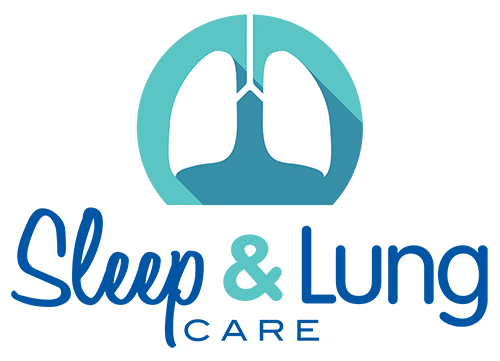What is spirometry?
Spirometry is a common test used to assess how well your lungs work by measuring how much air you can inhale, how much you can exhale and how quickly you can exhale. It can measure how effectively air can be moved in and out of the lungs.
You will be asked to take in a big breath, and then blow as hard and long as you can into a machine. The machine measures how much air you can blow out from your lungs and how fast you can blow it out. Spirometry is the most reliable way to test your lungs for COPD (chronic obstructive pulmonary disease) and asthma.
Why do we perform spirometry?
To aid diagnosis:
- Checking for reversibility post-bronchodilator
- Differential diagnosis of asthma and COPD
To assess and/or monitor:
- Respiratory symptoms such as a cough or shortness of breath
- Disease severity
- If a medicine is working
- Intervention outcomes e.g. pre- and post- pulmonary rehabilitation
- Occupational health impacts
- Suitability for scuba diving.
What happens in a spirometry test?
Spirometry is a painless test. You will be asked to breathe through a mouthpiece while wearing a nose clip. You will be asked to take in as big a breath as possible. You will then blast the air out as fast as you can until your lungs are completely empty. You may then be asked to take another deep breath in again. You will do these three times or more to make sure the results are accurate. You may also be given a medication to breathe in. The test would then be repeated to show if your lungs have responded to the medication.
How to prepare for the test:
- Do not smoke for one hour before the test
- Do not drink alcohol within four hours of test
- Do not eat a large meal within two hours of test
- Please wear loose clothing
- Do not perform vigorous exercise within 30 minutes of test
- If you are on puffer medications, you may be asked to not take them for a few hours before spirometry. Ask your doctor (or the lab performing the test) beforehand if this applies to you.
What does spirometry measure?
- Spirometry tells your doctor if your lungs are functioning normally. It does this through different breathing measurements, some of the most common measurements include:
- Forced Vital Capacity (FVC) – The largest amount of air that you can blow out after you take your biggest breath in.
- Forced Expiratory Volume (FEV1) – The amount of air you can blow out of your lungs in the first second.
- If the amount of air you blow out in the first second is low, you might have a lung disease such as asthma or COPD.
CONTACT US TODAY
If you have any questions or would like to make an appointment to discuss your Sleep or Lung related problem, please fill out the form and submit.
